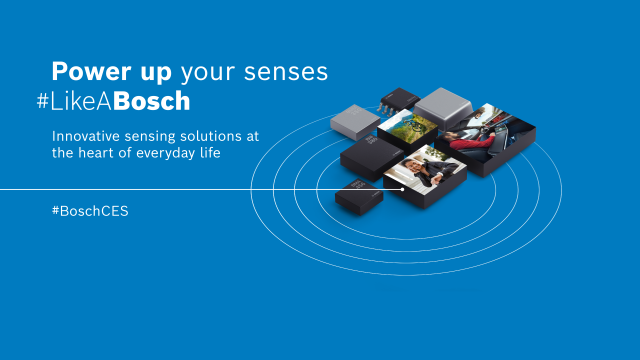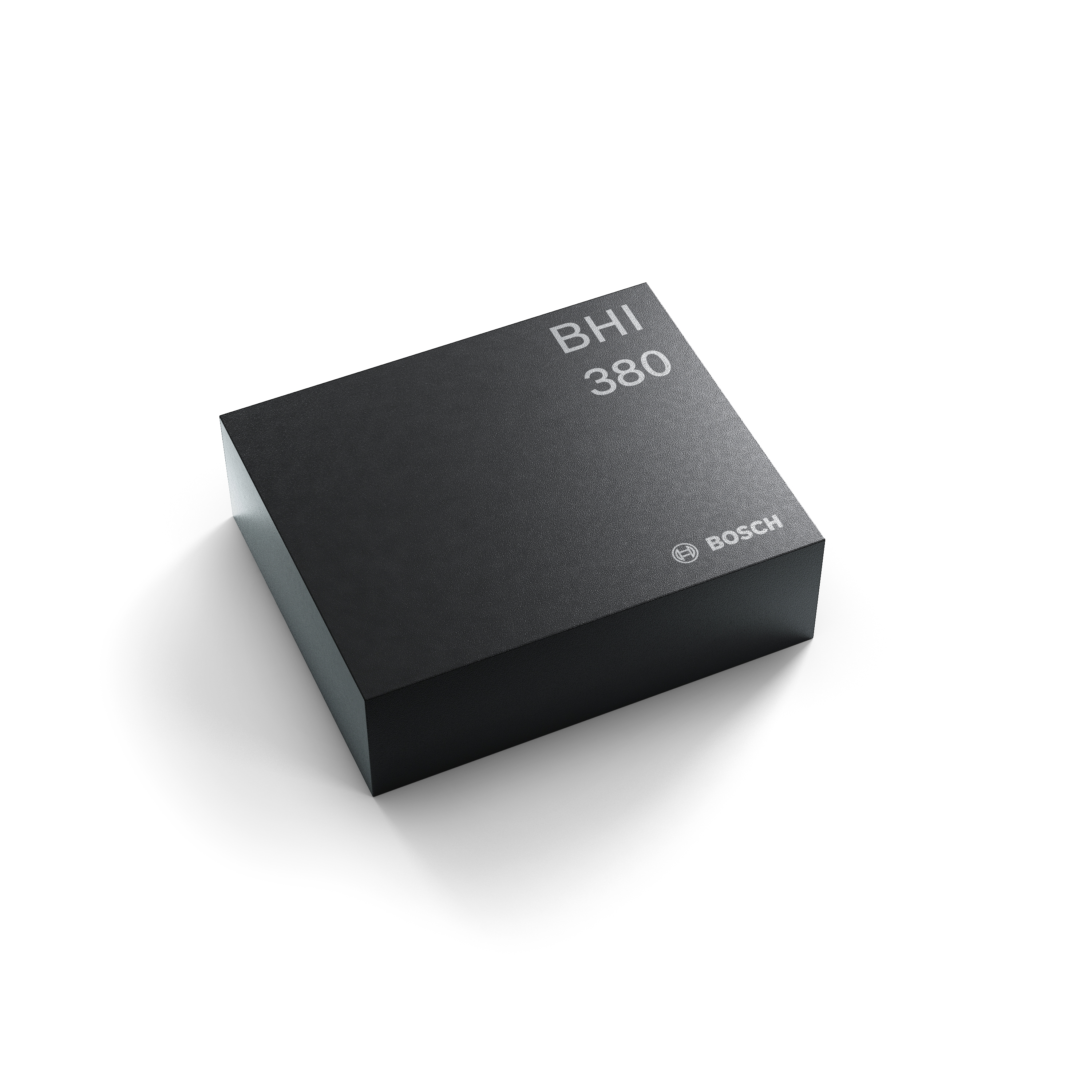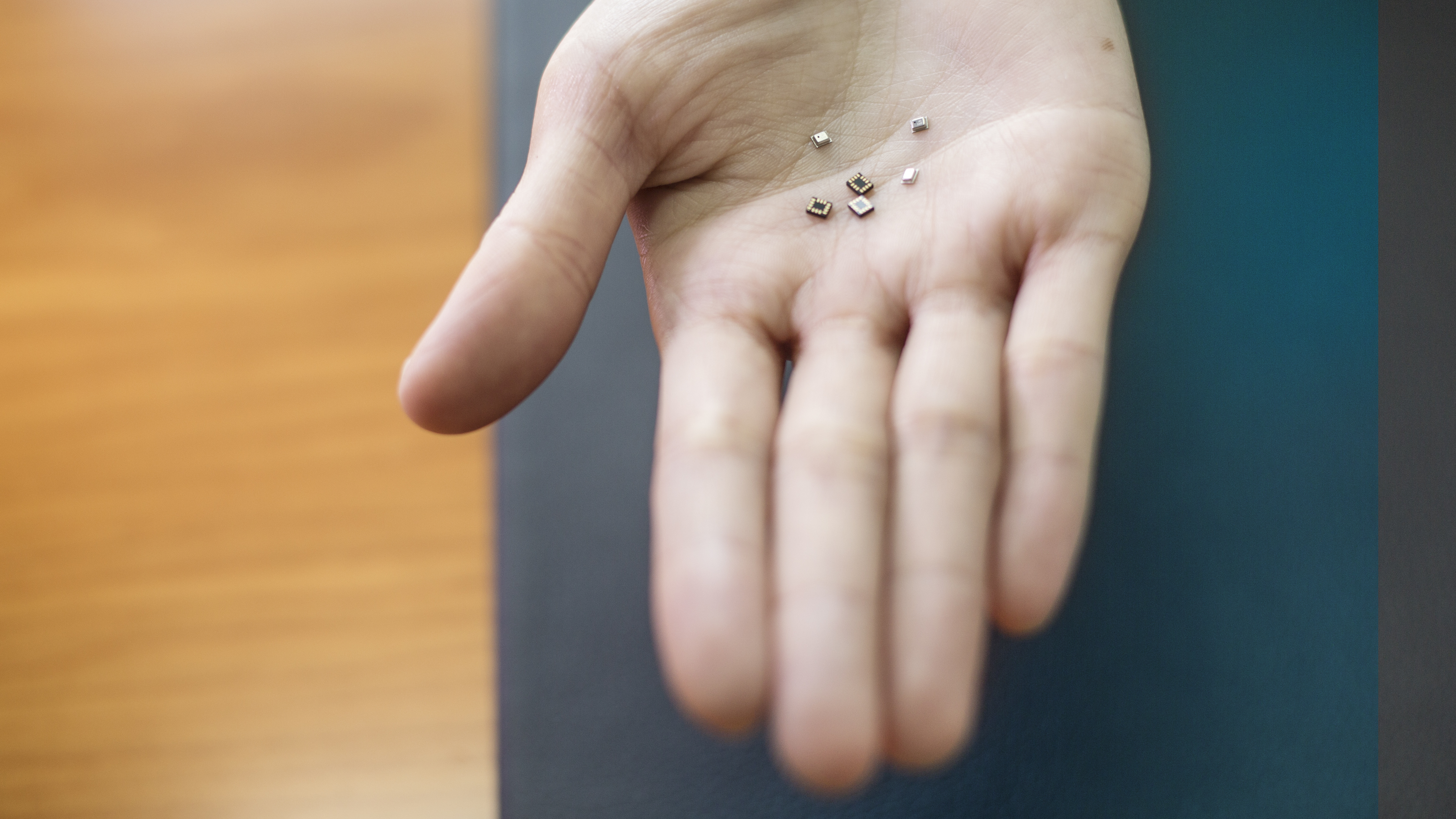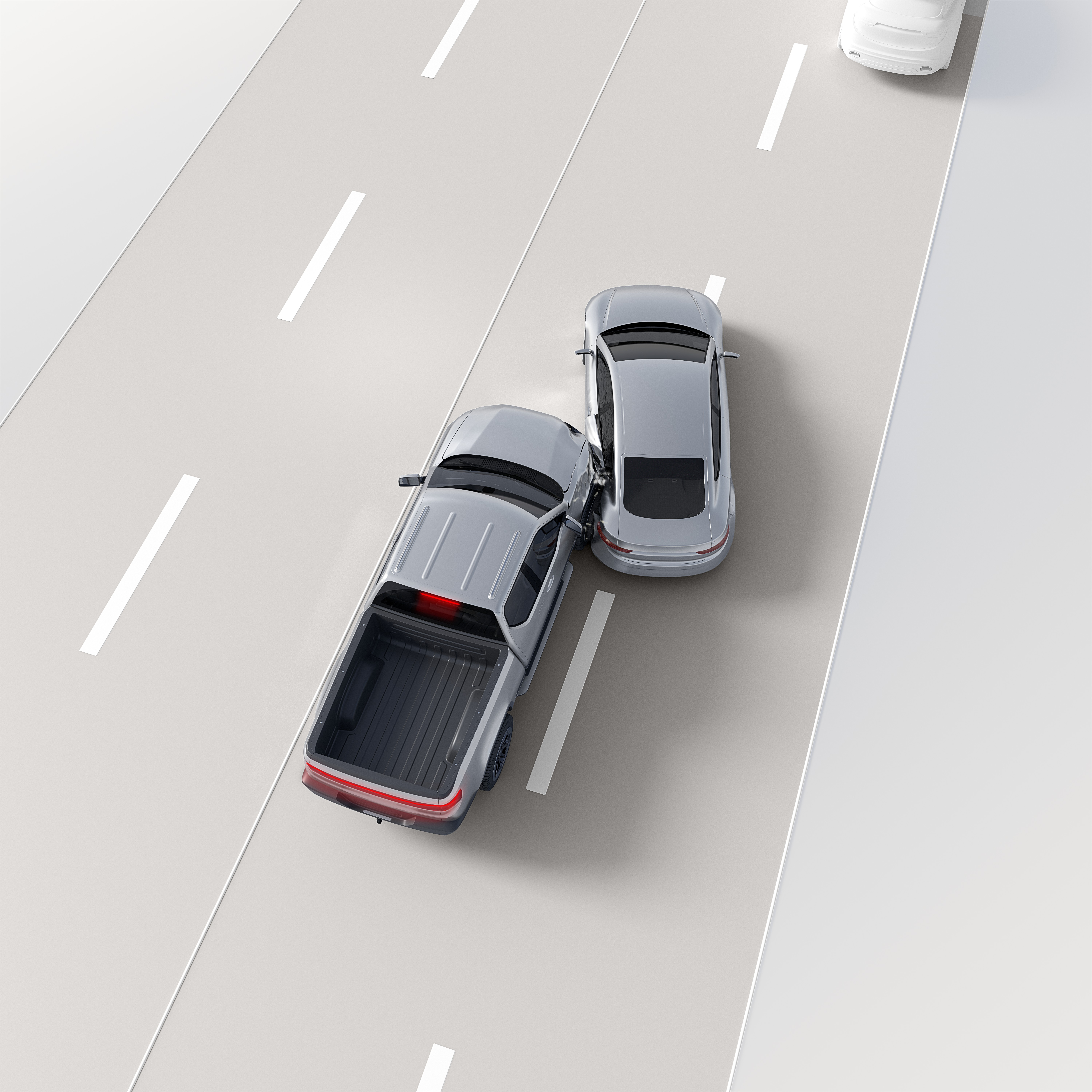Las Vegas, NV – Sensors are ubiquitous. They allow cars, e-bikes, smartphones, fitness trackers, and headphones to sense their environment. Bosch develops and manufactures smart sensors that make life safer and more convenient. And these sensors are becoming ever more efficient, which helps protect our planet. Bosch is a pioneer and market leader in microelectromechanical (MEMS) sensors – one of the most important and widely used sensor types today. “We started production of MEMS sensors in 1995. In the past five years, we have produced as many of these sensors as in all the years before that,” said Tanja Rückert, member of the board of management at Robert Bosch GmbH, at CES 2023 in Las Vegas. Since it began manufacturing them 27 years ago, the technology company has produced a total of more than 18 billion MEMS sensors; today, there are an average of 22 of them in every car. Bosch is currently the top MEMS sensor manufacturer, according to Yole Group*, a market research and strategy consulting company. By 2027, global annual demand for such sensors is expected to grow from 33.5 billion now to around 49 billion units. Bosch also wants to share in this growth and expects a further significant increase in production figures in the years ahead. Rückert emphasized that the company wishes to remain the market leader and expand its leading position even further. To meet growing demand, Bosch is investing heavily in its wafer fabs in Dresden and Reutlingen. Overall, the company plans to invest three billion euros in its semiconductor business, and thus also in sensor development and manufacturing, by 2026 as part of its investment plan. In its work on microelectronics and communications technology, it will draw on the European IPCEI ME (“Important Project of Common European Interest on Microelectronics”) funding program.
Press kit CES 2023
Event page CES 2023
Bosch at CES 2023
- PRESS CONFERENCE: Wednesday, January 4, 2023, from 8:00 to 8:45 a.m. (PST) with Dr. Tanja Rückert, member of the board of management of Robert Bosch GmbH, and Mike Mansuetti, president of Bosch in North America, in Ballroom F, Mandalay Bay Hotel, Las Vegas, South Convention Center, Level 2, as well as livestreamed on the Bosch Media Service.
- BOOTH: January 5 – 8, 2023, in the Central Hall, booth #16115.
- LIVE DRIVING EXPERIENCE: Fusion of digital cockpit technologies and advanced driver assistance systems domains: January 5 – 8, 2023, LVCC, Central Hall, Central Plaza.
- FOLLOW the Bosch CES 2023 highlights on Twitter: #BoschCES.
- PANEL “Industrial Transformation with Robots Powered by AI” on Thursday, January 5, 2023, 10:00 a.m., Las Vegas Convention Center West / W216-218, session with Zico Kolter, Chief Scientist of AI at Bosch.
Contact persons for press inquiries
- Bosch at CES: Irina Ananyeva, +49 152 597-53284
Tim Wieland, +1 248 410-0288, Trix Böhne +49 173 523-9774 - Connected mobility, software, sensors in mobility:
Athanassios Kaliudis, +49 152 086-51292 - Smart living, sensors in consumer electronics:
Dörthe Warnk, +49 172 153-8714 - Automated driving: Jennifer Kallweit, +49 152 346-63461
- AI, research, Tech Compass: Christiane Wild-Raidt, +49 152 229-78802
- Internet of things, sustainability: Inga Ehret, +49 172 324-2636
- Twitter: @BoschPress
Language versions
About Bosch
The Bosch Group is a leading global supplier of technology and services. It employs roughly 412,000 associates worldwide (as of December 31, 2025). According to preliminary figures, the company generated sales of 91 billion euros in 2025. Its operations are divided into four business sectors: Mobility, Industrial Technology, Consumer Goods, and Energy and Building Technology. With its business activities, the company aims to use technology to help shape universal trends such as automation, electrification, digitalization, connectivity, and an orientation to sustainability. In this context, Bosch’s broad diversification across regions and industries strengthens its innovativeness and robustness. Bosch uses its proven expertise in sensor technology, software, and services to offer customers cross-domain solutions from a single source. It also applies its expertise in connectivity and artificial intelligence in order to develop and manufacture user-friendly, sustainable products. With technology that is “Invented for life,” Bosch wants to help improve quality of life and conserve natural resources. The Bosch Group comprises Robert Bosch GmbH and its roughly 490 subsidiary and regional companies in over 60 countries. Including sales and service partners, Bosch’s global manufacturing, engineering, and sales network covers nearly every country in the world. Bosch’s innovative strength is key to the company’s further development. At 136 locations across the globe, Bosch employs some 82,000 associates in research and development.
The company was set up in Stuttgart in 1886 by Robert Bosch (1861-1942) as “Workshop for Precision Mechanics and Electrical Engineering.” The special ownership structure of Robert Bosch GmbH guarantees the entrepreneurial freedom of the Bosch Group, making it possible for the company to plan over the long term and to undertake significant upfront investments in the safeguarding of its future. Ninety-four percent of the share capital of Robert Bosch GmbH is held by Robert Bosch Stiftung GmbH, a limited liability company with a charitable purpose. The remaining shares are held by Robert Bosch GmbH and by a company owned by the Bosch family. The majority of voting rights are held by Robert Bosch Industrietreuhand KG. It is entrusted with the task of safeguarding the company’s long-term existence and in particular its financial independence – in line with the mission handed down in the will of the company’s founder, Robert Bosch.
Additional information is available online at www.bosch.com, www.bosch-press.com.













